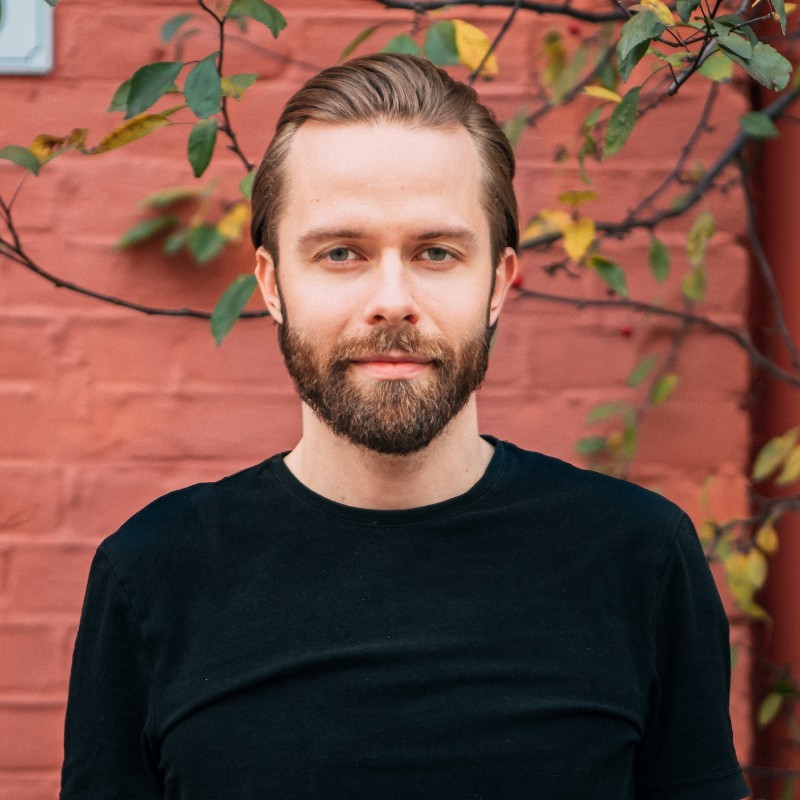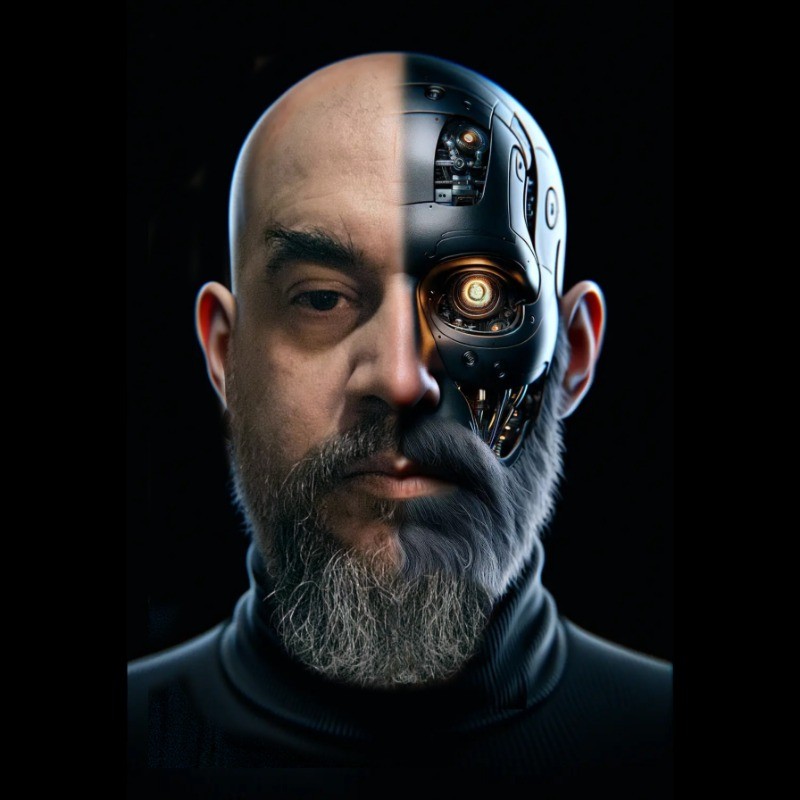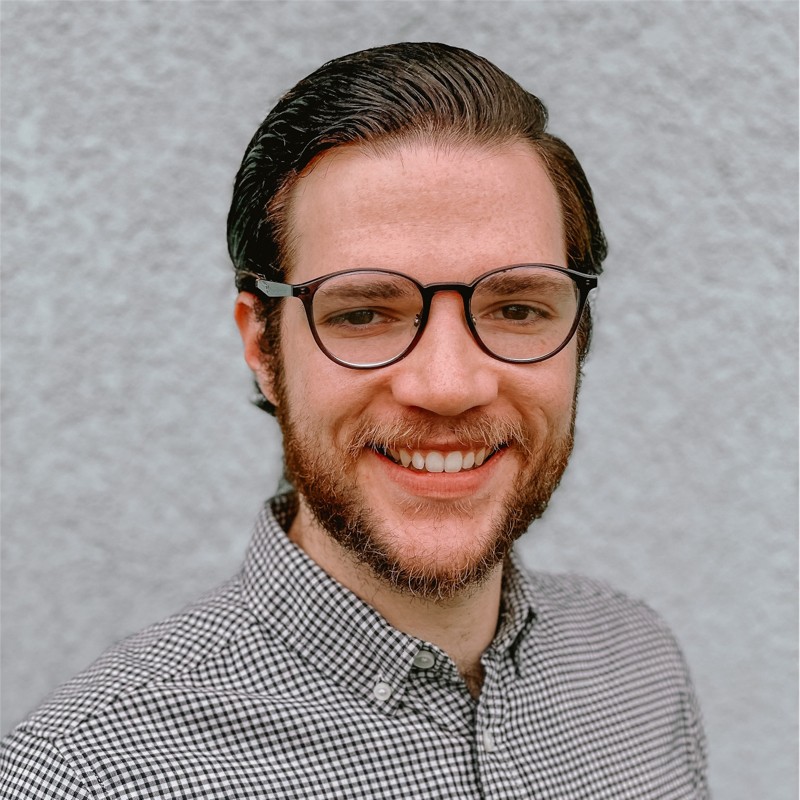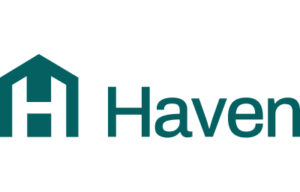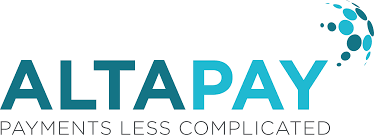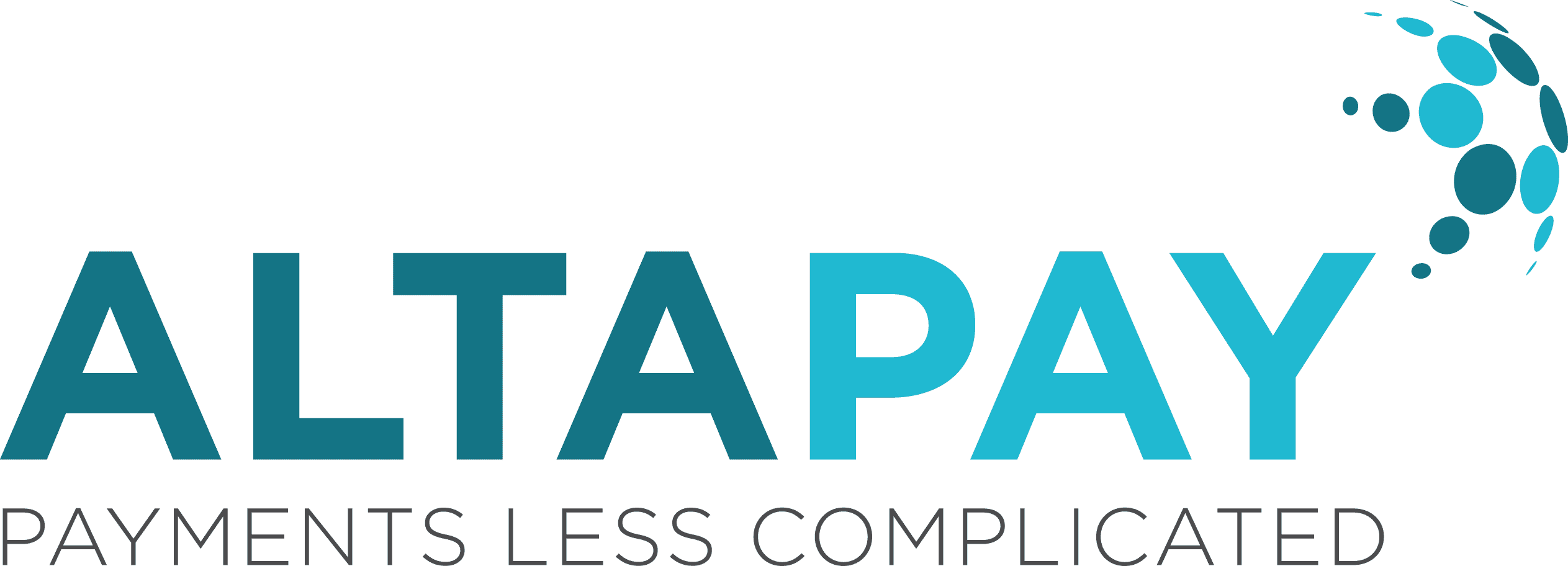In this exciting episode of the Mindecs Tech Careers Podcast#13, we dive into the world of AI-driven innovation in the construction and real estate industries with Johannes Berggren, the Head of Engineering at Findable.
🔍 About Johannes Berggren
Johannes is a seasoned engineering leader with a passion for technology, management, and AI solutions. As the Head of Engineering at Findable, he plays a crucial role in developing cutting-edge AI technology that helps structure and make sense of building documentation, making the industry more efficient, transparent, and sustainable.

🏗️ What is Findable?
Founded in 2020, Findable is a rapidly growing AI-powered startup that aims to revolutionize the construction and real estate industries. Their platform leverages advanced AI to organize and analyze building documentation, helping companies streamline operations and enhance productivity. With a strong and dynamic team, Findable is making waves in the industry, offering innovative solutions to long-standing challenges.
🎧 Key Takeaways from the Episode
✅ AI in Construction – How Findable is using AI to transform building documentation and improve efficiency.
✅ Leadership & Innovation – Johannes shares insights on leading engineering teams in a fast-growing startup.
✅ The Future of AI in Real Estate – Predictions on how AI will continue to shape the industry.
✅ Scaling a Tech Startup – The challenges and strategies behind growing a successful AI company.
💡 Whether you’re a tech enthusiast, software engineer, or startup founder, this episode is packed with valuable insights to help you stay ahead in the ever-evolving tech landscape.
